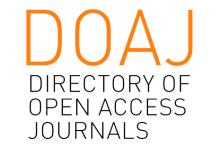Resource information
The evolution of urban planning has seen gradually emerging models based on a clear separation between the phase of knowledge and that of choices, with an increasing role for a third step, evaluation, as a link between the two. Recently, the increased focus on the issue of land use has transformed the monitoring tools in the objectives of government land policies. This would have required a radical rethinking of the approach, as also is confirmed by the very disappointing results of the policies.
In this paper we propose to investigate the causes of the failure of the soil consumption policies of reduction, focusing mainly on two aspects: the analysis of the structural causes and the effectiveness of the knowledge and monitoring instruments.
In particular, for the latter issue, we explain, also with examples, the possible role of the cadastral and Real Estate Market Observatory databases to support the phase of knowledge in urban planning.




